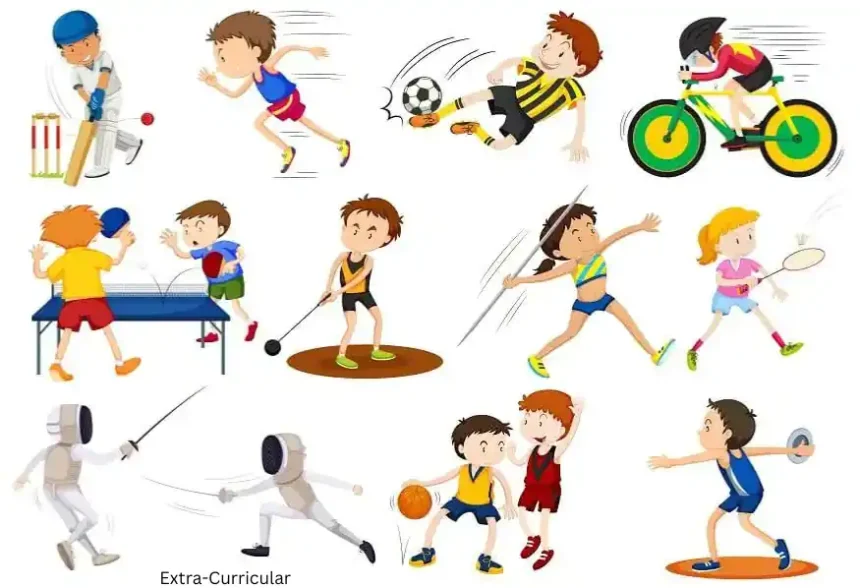In the bustling world of education, where academic success often takes centre stage, the importance of extra-curricular activities for children cannot be overstated. These activities play a pivotal role in shaping a child’s holistic development, fostering skills and qualities that extend far beyond the classroom. Let’s delve into the myriad benefits these activities offer, highlighting their impact on physical health, social skills, academic performance, and overall well-being.
1. Physical Well-being: A Fun Route to Fitness
Participating in extra-curricular activities provides children with a much-needed break from sedentary routines. Whether it’s joining a soccer team, taking up dance classes, or engaging in outdoor adventures, these activities promote physical fitness and a healthy lifestyle. This prep school in Chorleywood recommends regular exercise as not only does it improve cardiovascular health, but also contributes to better concentration and mood regulation, laying a foundation for a lifetime of wellness.
2. Social Skills: Building Bridges Beyond the Classroom
Interacting with peers outside the academic setting is a valuable aspect of extra-curricular involvement. Team sports, clubs, or artistic pursuits create opportunities for children to develop crucial social skills such as communication, teamwork, and conflict resolution. These experiences foster a sense of belonging and help children build lasting friendships, enhancing their emotional intelligence and adaptability.
3. Academic Boost: The Synergy of Mind and Body
Contrary to the misconception that extra-curricular activities detract from academic focus, research suggests that they can actually complement and enhance cognitive abilities. Time management, goal setting, and discipline learned through participation in activities contribute to improved academic performance. Furthermore, engagement in diverse pursuits can ignite a passion for learning, making the academic journey more enjoyable and fulfilling.
4. Character Building: Nurturing Essential Qualities
Beyond academic and physical development, extra-curricular activities play a pivotal role in shaping a child’s character. Whether through leadership roles in student government, responsibility in a part-time job, or perseverance in learning a musical instrument, these activities instil qualities like resilience, self-discipline, and a strong work ethic. These character-building experiences lay the groundwork for personal growth and success in various aspects of life.
5. Exploration of Interests: Unveiling Hidden Talents
The diverse range of extra-curricular activities available allows children to explore and discover their passions. From science clubs to art workshops, students have the chance to delve into areas not covered in the standard curriculum. This exploration is instrumental in helping children identify their interests and talents, paving the way for potential future careers or lifelong hobbies.
6. Stress Relief: Balancing the Scales of Well-being
The pressures of academia can sometimes lead to stress and burnout. Extra-curricular activities offer a healthy outlet for children to unwind and de-stress. Engaging in activities they enjoy provides a welcome break, promoting mental well-being and resilience in the face of academic challenges.
Extra-curricular activities for children are not mere pastimes; they are invaluable tools for nurturing well-rounded individuals. From physical health to social skills, academic success to character development, these activities enrich the educational journey, preparing children for a future that demands more than just textbook knowledge. As parents and educators, recognising and encouraging the importance of extra-curricular involvement is an investment in the holistic growth and success of the next generation. So, let’s empower our children to explore, discover, and thrive beyond the confines of the traditional classroom.







